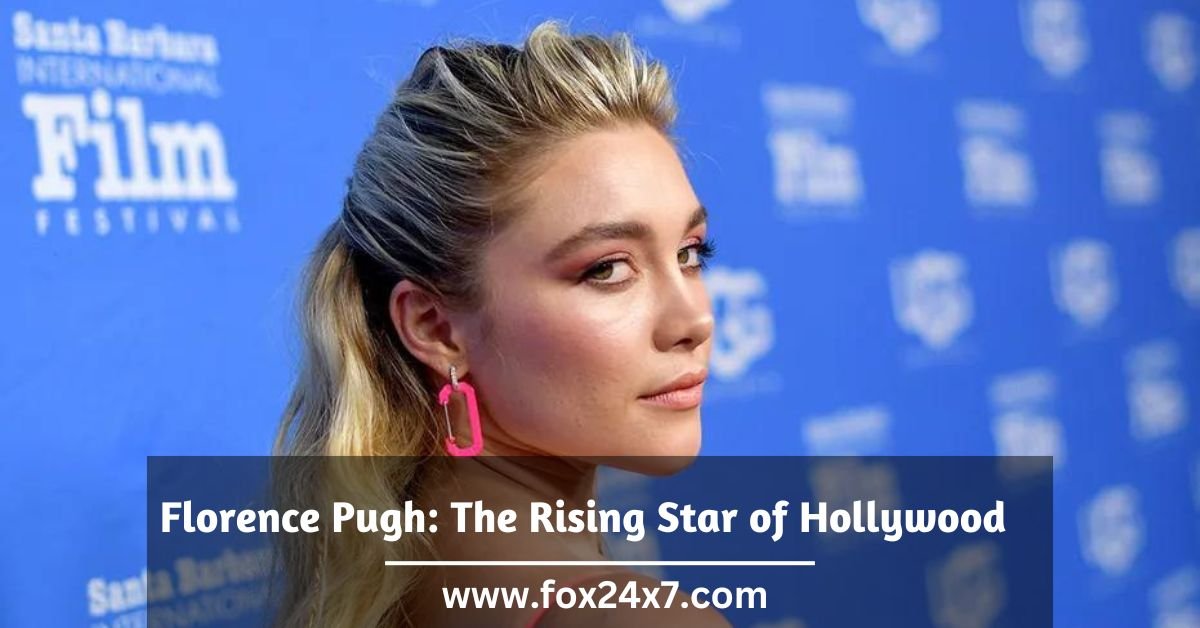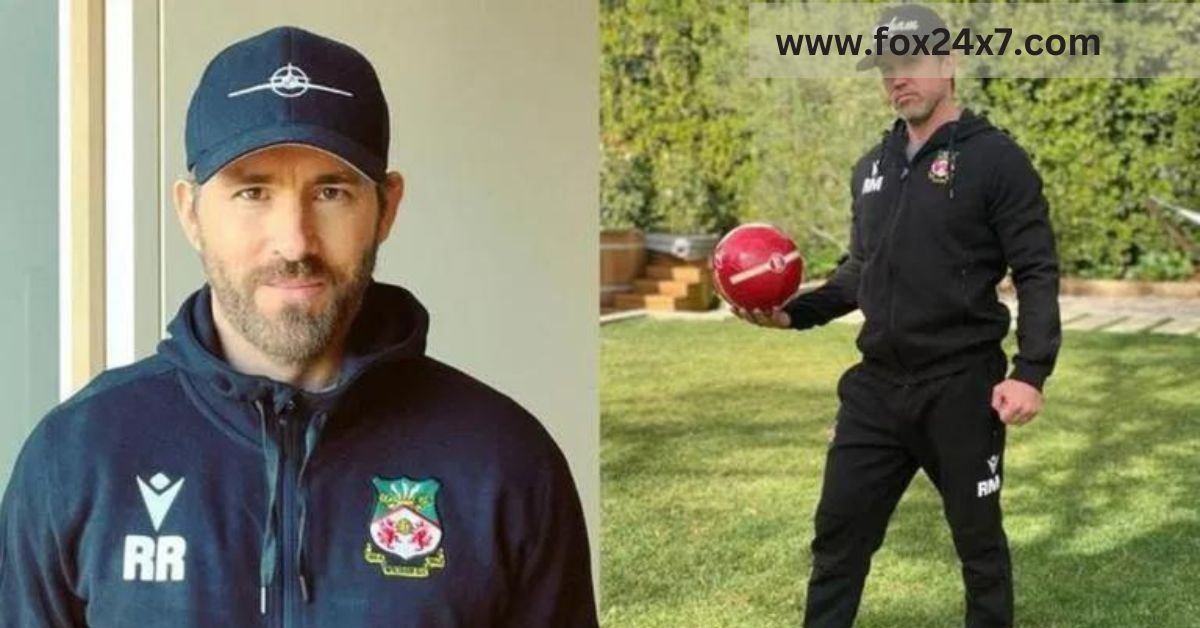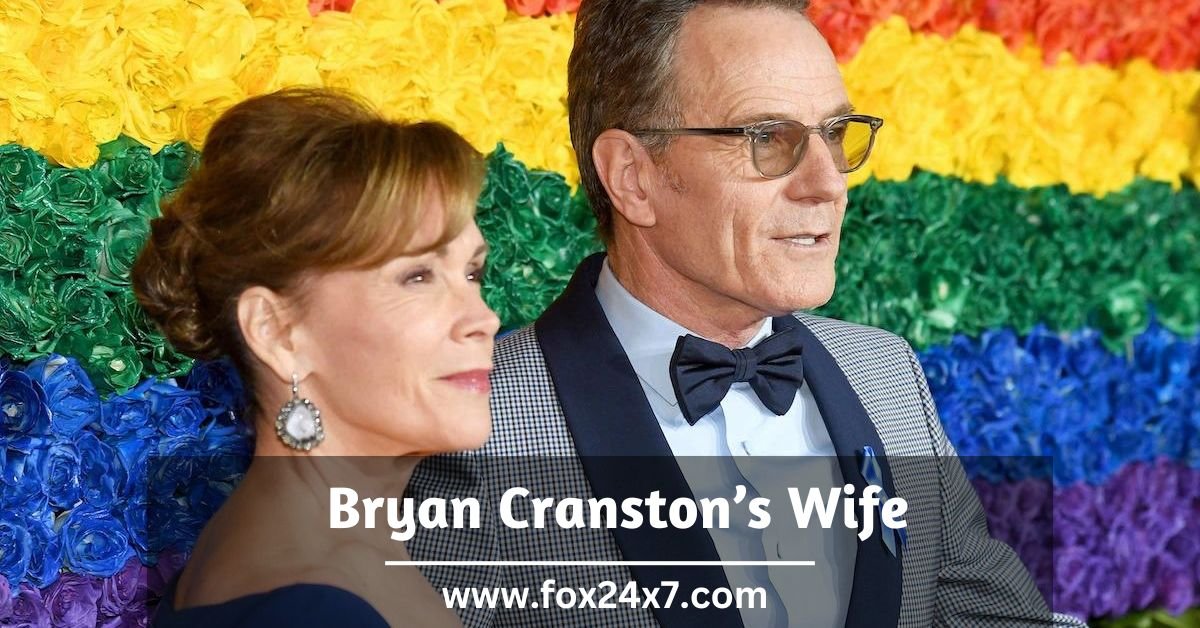 Mr Hands Robinson Devor from Seattle directed ZOO, a new film. This movie was shown at the Sundance Film Festival. It is also known as “the horse documentary” but festival attendees discovered that this description, although accurate, was misleading. The film revisits the true story of a man who had a sexual encounter in rural Washington State in July 2005. However, it does so with a lyricism that is strikingly different from the shocking content.
Mr Hands Robinson Devor from Seattle directed ZOO, a new film. This movie was shown at the Sundance Film Festival. It is also known as “the horse documentary” but festival attendees discovered that this description, although accurate, was misleading. The film revisits the true story of a man who had a sexual encounter in rural Washington State in July 2005. However, it does so with a lyricism that is strikingly different from the shocking content.
“This topic isn’t something people want to consider,” Mr Devor stated in a Sundance interview, summarizing both the challenges of marketing the film as well as the reasons he and Charles Mudede were forced to make it.
At the premiere, Mr Mudede described “Zoo” as a “thought experiment.”
Mr Hands “Zoo,” which contemplates an unusual merging of man and beast, will open in New York City on April 25 and is an exotic hybrid. It is a fact-based movie that combines audio testimony with speculative recreations. The film features a mixture of actors and real subjects. The title refers to a subcultural term that describes a zoophile. This is a person who has an affinity for animals and sometimes even the carnal.
“Zoo,” obliquely reenacts the events that led to a media frenzy two summers back in Seattle. A 45-year-old Boeing engineer named Kenneth Pinyan was dropped off at Enumclaw’s emergency room. He is only known by his Internet handle, “Mr Hands died from internal injuries due to a perforated col. Police searched a farm for videotapes and DVDs showing several men having sex with the Arabian stallions. Although bestiality was not legal in Washington at that time, the State Senate decided last year to criminalize it.
Both Mr Devor, and Mr Mudede were columnists for The Stranger in Seattle. They noticed a disturbing consistency in news coverage and public opinions surrounding the case.
Mr Handsstated that there were two possible responses to repulsion and laughter. “People did not want to be identified or have any kind of connection with these men. Rob and I told each other early on that we were going to revive their humanity.
Mr He is now a tabloid punchline. It gives the friends of the deceased man a way to disclose and dares them to discover, in the candid stories of their wishes and the hidden worlds that allowed them to fulfil them, something beautiful and even recognizable.
“It was amazing that there was such a close community, that basic human interactions were happening alongside things that seemed totally alien,” Mr Mudede stated. “Zoo,” which minimizes its freak-show aspect, emphasizes the coexistence between the mundane and the bizarre. This strategy is shared with “Police Beat,” a Sundance entry in 2005 that shares a similar strategy. It was inspired by Mr Mudede’s crime-blotter column. This is a touching portrait of a group that met at a farm where they would have sex with horses, drink slushy cocktails and watch television.
Jenny Edwards, the founder of Hope for Horses (a local rescue group), provides the film’s nonzoophile perspective. She was involved in investigating possible animal abuse in Enumclaw. She says, “I don’t know how I feel about it,” referring to the strong feelings that zoophiles have for animals. “But I’m right at the edge of being able to understand that.”
“Zoo,” invites the viewer to step onto the ledge of near understanding. It does this without squeamishness or prurience, thanks to Mr Devor’s sidelong approach. This was a result of necessity. The story’s main character was deceased and his family refused to be involved in the film. Only one of the three zoophiles who were interviewed was willing to take part in the reenactments. They can be identified by their online names, Coyote and H as well as the Happy Horseman.
“I’m glad that we weren’t in a position to rely on the talking head approach,” Mr Devor stated. Mr Mudede concurred. He said, “It was an opportunity to really make a movie instead of a 60 Minutes-style documentary.”
The filmmakers were able to immediately see the potential of cinematic storytelling when they drove into Enumclaw at the foot of Mount Rainier. Mr Devor stated, “Talk about a mythic location.” “This took place in these verdant areas, under the shadow of a volcano. Beautiful animals, private gatherings, and secret society were all part of your life.
“Zoo” makes full use of its Edenic surroundings. Sean Kirby’s Super-16 cinematography enhances the feeling of a prelapsarian paradise, with beautiful images of Mount Rainier in bloom, and men strolling through the woods at night, in dreamy slow motion.
Unabashed aesthetes Mr Devor, and Mr Mudede stand out in the smoky landscape of American indie films. Due to the off-putting subject matter, “Zoo” could even be accused of using beauty for a cure, as Sundance’s reviewers suggested.
M. Mudede responded to the criticism by saying: “I don’t believe that the aesthetic element deceives. We are not making something more difficult accessible by beauty. This is exactly how these men experienced friendship.
He laughed, but said, “I have to admit, if this had occurred on an ugly pork farm, we wouldn’t make the film.”
Mr Devor stated that it was difficult to convey the movie to his subjects. “They would be like: ‘What do they mean impressionistic images?”
It turned out that it was a “zoo”, as the participants refer to themselves, who initiated contact by sending an e-mail message to Mr Mudede to respond to an article he had written on the case. “I believe there was a desperate need to talk,” Mr Mudede stated.
Coyote is the only zoo that appears in the film. He said in an e-mail interview that he trusted Mr Devor after having met him several times. He wrote, “I knew in my gut that he wasn’t going to make an exploitive kind of movie.”
Despite their instinctive fear of publicity, the zoos felt it was important that their stories were heard. H, the farmhand, was the host of the get-togethers. He called Mr Devor mid-December, after “Zoo“, had been selected for Sundance, and agreed to an audio interview. This gave Mr Devor only a few weeks to frantically edit the film.
Coyote is, for his part still conflicted by his involvement. He stated that he does not believe a greater public profile is beneficial. “We don’t have a torch to carry or a cause to defend. We want to be.”
Mr. Devor said that the greatest challenge was not getting the animals to talk, but finding the right location to film the film.
He said, “We visited every horse farm within two hours from Seattle and came up empty.” Owners would respond with something like, “We have Microsoft picnics right here. They’re going be thinking it happened in their barn.” He eventually found a Canadian farmer who was sympathetic and helped him negotiate with a Washington landowner.
There are established moral codes and taboos that are bound to the overwhelming opposition to zoophilia. If it comes to that, the debate tends to focus on the welfare of the animal as well as the murky question of consent. “Zoo”‘s men attest to the fulfilment of zoophile relationships, and they claim that they do not resort to coercion. Rush Limbaugh is their unlikely ally on this last count. He can be heard speaking out about Mr Pinyan’s death in the film, saying “How in hell could this have happened without consent?”
Many animal advocates, including Ms Edwards, are not concerned about the horse’s apparent awakening. In an e-mail, she stated that horses have an amazing sense of memory and are unbelievably eager to learn. They will do whatever is asked of them. However, I am not sure they are ready to have sex with me.
Mr Devor spoke to the zoos, and he is more inclined than others to call the sex consensual. He had a one-on-one conversation with them in a hotel room. His subjects often illustrated his points by showing him homemade pornography. He said, “It was in front of me, really graphic stuff.” It’s a strange and unusual way to get to know someone.” However, some of the things he saw changed his outlook.
“Zoo’s sex is barely visible and barely discernible in the video taken by the police and circulated online after the death of Mr. Pinyan.
Mark Urman, executive producer of “Zoo”, and head of theatrical releasing for ThinkFilm which distributes it, stated that the film’s formalism is more extreme than its graphic content. It’s concerning to see a large number of people searching for the tabloid version.
However, Mr Devor noticed his audience’s curiosity to learn more. He said, “So many people have told me there’s too much sex.” “I believe there is a need for the mechanics to be seen.”
These viewers need to be cautious about what they want. Mr Devor stated, “Maybe we’ll find some things to put onto the DVD.”
Also, Read








![Buying the Dip: The Meaning And Its Importance [Markets Strategy] Buying the Dip](https://fox24x7.com/wp-content/uploads/2021/11/Buying-the-Dip--180x135.jpg)

























